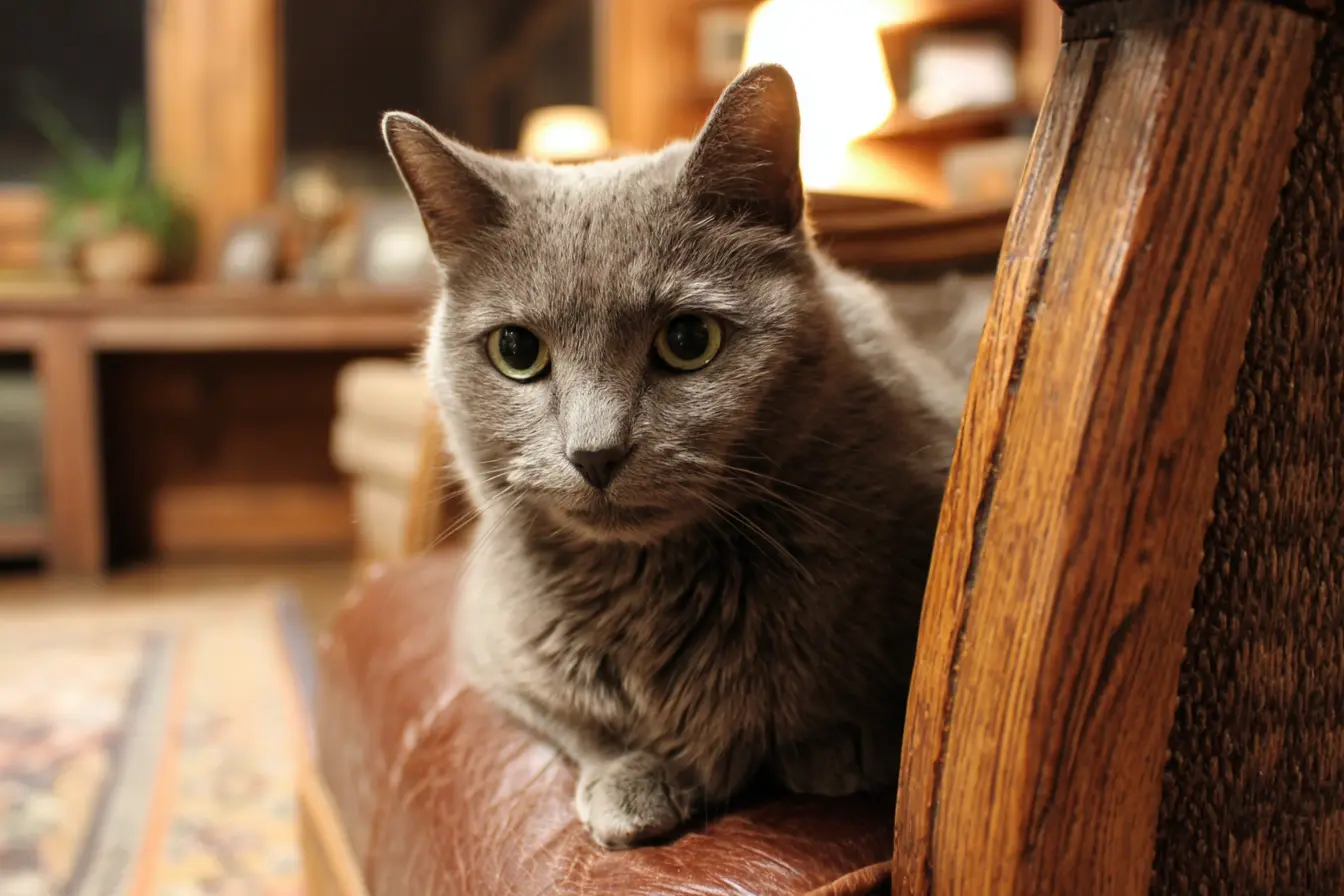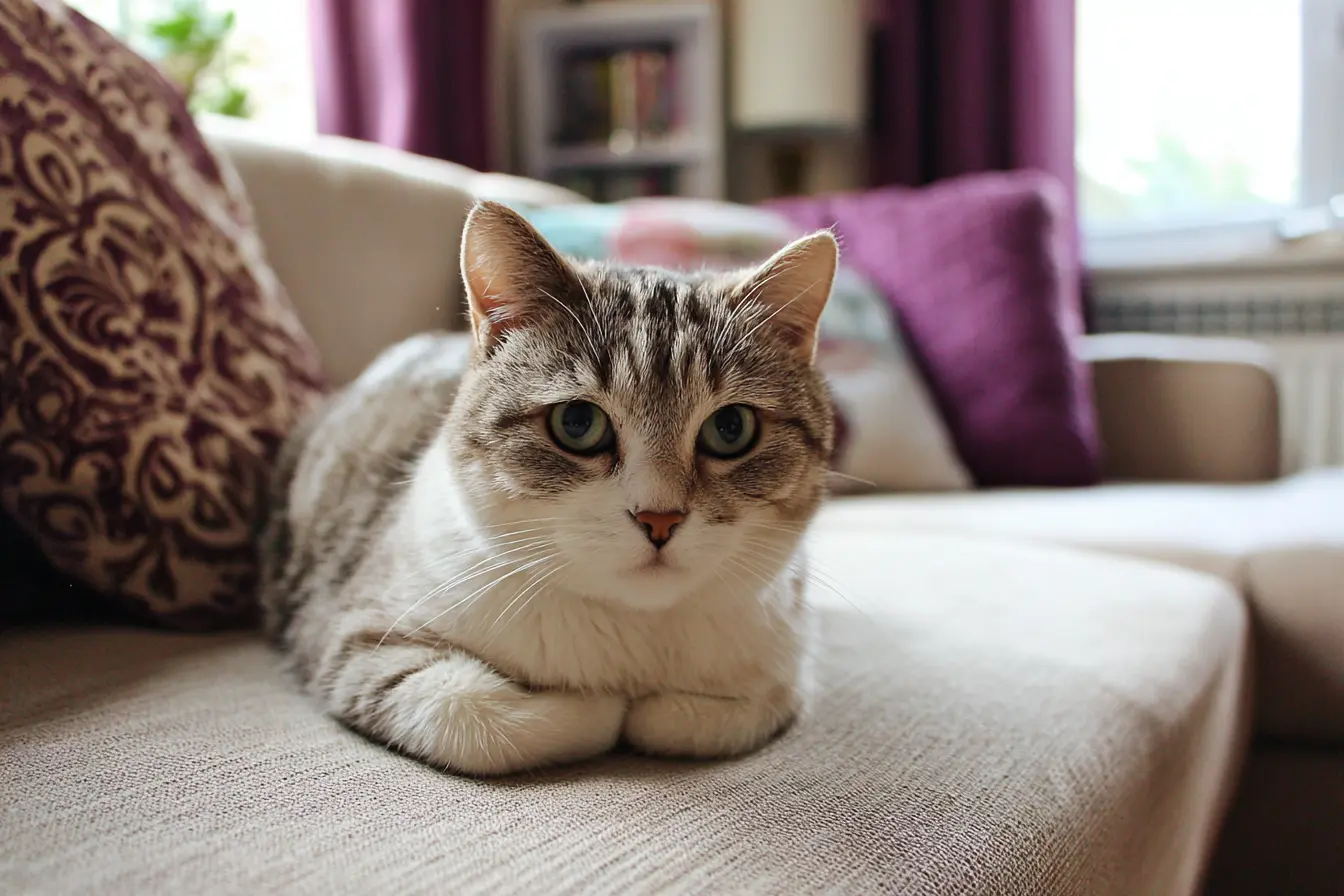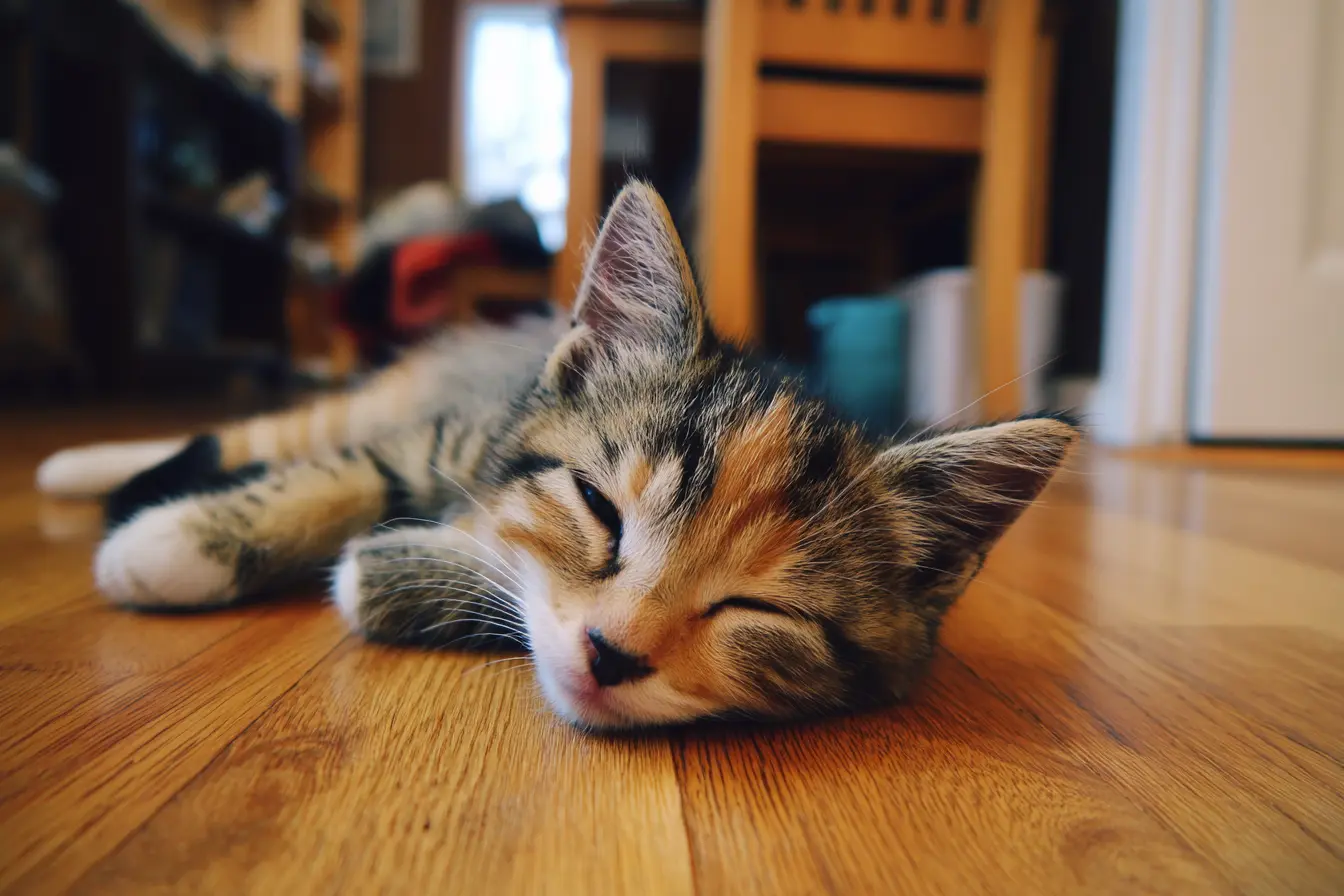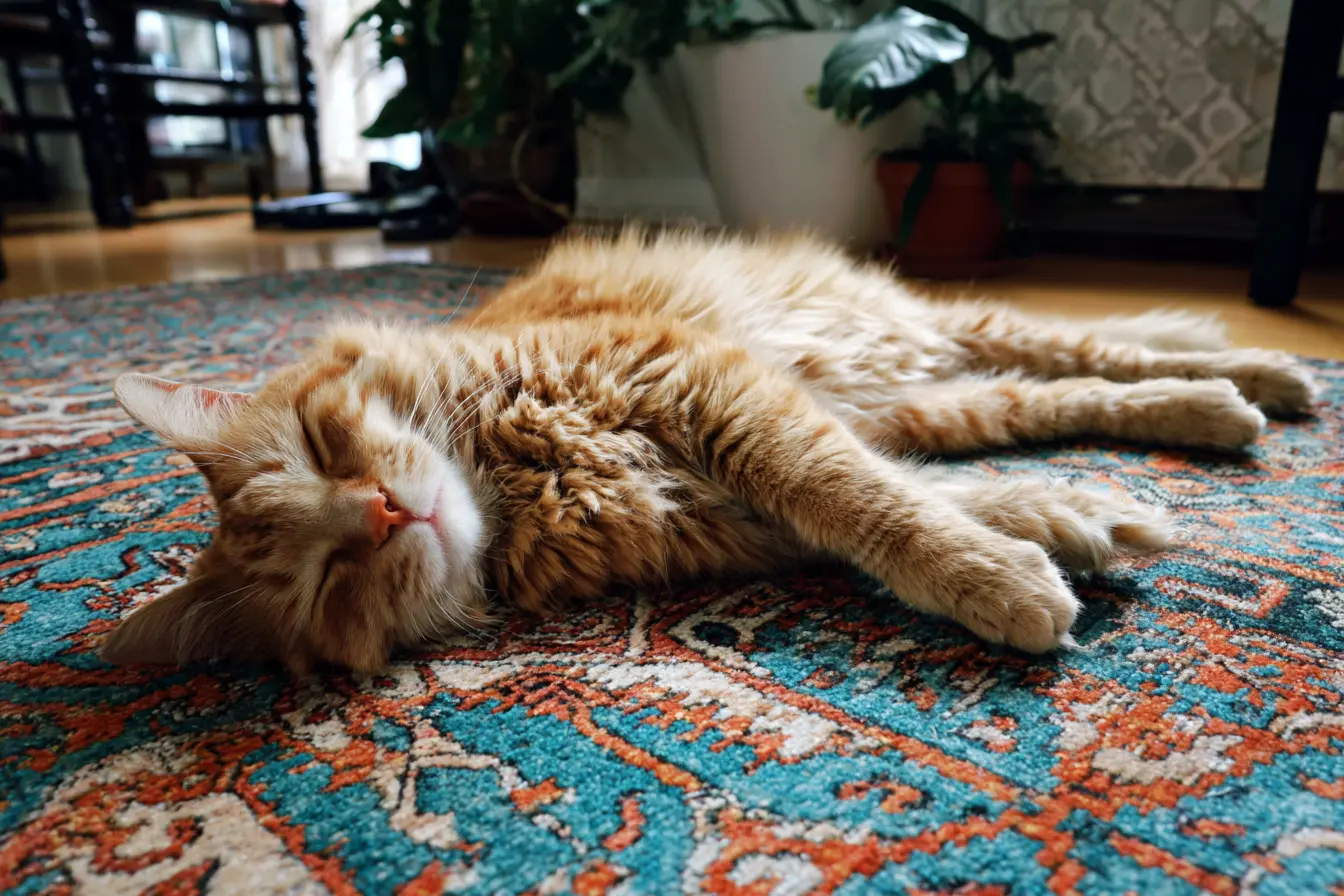
When to Consult a Feline Behaviourist and What to Expect
Cats are intelligent, sensitive animals with complex emotional and social needs. While many behavioural issues in cats can be managed at home with patience and training, some problems persist or escalate, affecting both the cat’s wellbeing and the owner’s quality of life. In such cases, consulting a feline behaviourist can make all the difference. This guide explains when to seek help, what a feline behaviourist does, and what to expect from the process.
What Is a Feline Behaviourist?
A feline behaviourist is a professional trained to understand cat behaviour, psychology, and welfare. They use scientific knowledge and practical techniques to identify the root causes of problem behaviours and provide tailored solutions. Their aim is to improve the cat’s quality of life while helping owners build a more harmonious relationship with their pet.
When to Consider Consulting a Behaviourist
Not every behavioural problem requires professional help, but you should consider it if:
Aggression
- Your cat shows aggression towards you, visitors, or other animals.
- Aggressive episodes are increasing in frequency or severity.
Inappropriate Elimination
- Persistent urination or defecation outside the litter tray.
- Spraying or marking in the home despite attempts to resolve the issue.
Anxiety and Stress
- Signs of chronic stress, such as hiding, excessive grooming, or overgrooming.
- Difficulty adjusting to changes, such as moving house, new pets, or a new baby.
Destructive Behaviour
- Persistent scratching of furniture despite providing scratching posts.
- Chewing inappropriate items, potentially causing harm.
Compulsive or Unusual Behaviours
- Excessive vocalisation, pacing, or repetitive actions.
- Self-harming behaviours like tail chewing or pulling out fur.
Multi-Cat Household Problems
- Frequent fighting between cats.
- Resource guarding (food, litter trays, resting spots).
If these issues persist despite your efforts, professional input is highly recommended.
What to Expect from a Behaviour Consultation
Every behaviourist works slightly differently, but most consultations follow a structured process:
Initial Enquiry
- You will usually complete a questionnaire or provide a history of your cat’s behaviour.
- The behaviourist may request veterinary records to rule out underlying health problems, as medical issues often cause or contribute to behavioural changes.
The Behaviour Assessment
- This can take place at your home or online, depending on the behaviourist’s services.
- The behaviourist will observe your cat in their environment and ask detailed questions about routines, diet, interactions, and triggers.
- They will analyse the behaviour to identify possible causes, such as stress, fear, lack of enrichment, or learned habits.
The Behaviour Plan
- A personalised plan will be created to address the problem.
- This may include changes to the environment, training exercises, feeding routines, or ways of improving enrichment.
- Owners are usually given step-by-step instructions and resources to follow.
Follow-Up Support
- Behaviour change takes time, so ongoing support is common.
- Progress reviews may be scheduled to adjust the plan if needed.
- Many behaviourists offer phone or email support between visits.
How to Choose a Qualified Feline Behaviourist
When selecting a behaviourist:
- Check credentials: Look for membership in recognised organisations such as the Association of Pet Behaviour Counsellors (APBC) or International Association of Animal Behaviour Consultants (IAABC).
- Veterinary referral: Reputable behaviourists often work in collaboration with vets.
- Experience: Ensure they specialise in feline behaviour rather than general pet training.
- Positive methods: Choose a professional who uses science-based, positive reinforcement approaches rather than punishment.
Preparing for the Consultation
To get the most out of your appointment:
- Keep a diary of your cat’s behaviour, including times, triggers, and outcomes.
- Record videos of problem behaviours if safe to do so.
- Gather veterinary records, including recent health checks.
- Be ready to discuss your household routines and your cat’s history openly.
Conclusion
Consulting a feline behaviourist can be life-changing for both you and your cat. Whether dealing with aggression, anxiety, inappropriate toileting, or multi-cat tensions, a behaviourist can provide expert guidance tailored to your situation. By addressing the root cause of issues and creating a practical behaviour plan, they help restore harmony in your home and improve your cat’s quality of life. If you are struggling with persistent behavioural challenges, seeking professional help is a positive and proactive step.
Vets near you
Speciality vets
- Aquatics vet specialists
- Birds vet specialists
- Camelids vet specialists
- Cats vet specialists
- Cattle vet specialists
- Deer vet specialists
- Dogs vet specialists
- Equines vet specialists
- Exotic vet specialists
- Goats vet specialists
- Pigs vet specialists
- Poultry vet specialists
- Sheep vet specialists
- Small Mammals vet specialists
- Wild vet specialists
Vet facilities
- Accessible by public transport
- Blood testing
- Car park nearby
- Client car park
- Dentistry
- Diagnostic imaging
- Disabled public access
- Flea and worm treatments
- Microchipping
- Mobile services
- Neutering
- Open at weekends
- Out-of-hours service
- Referral interests
- Referrals only
- Street parking outside
- Toilets available
- Vaccinations



